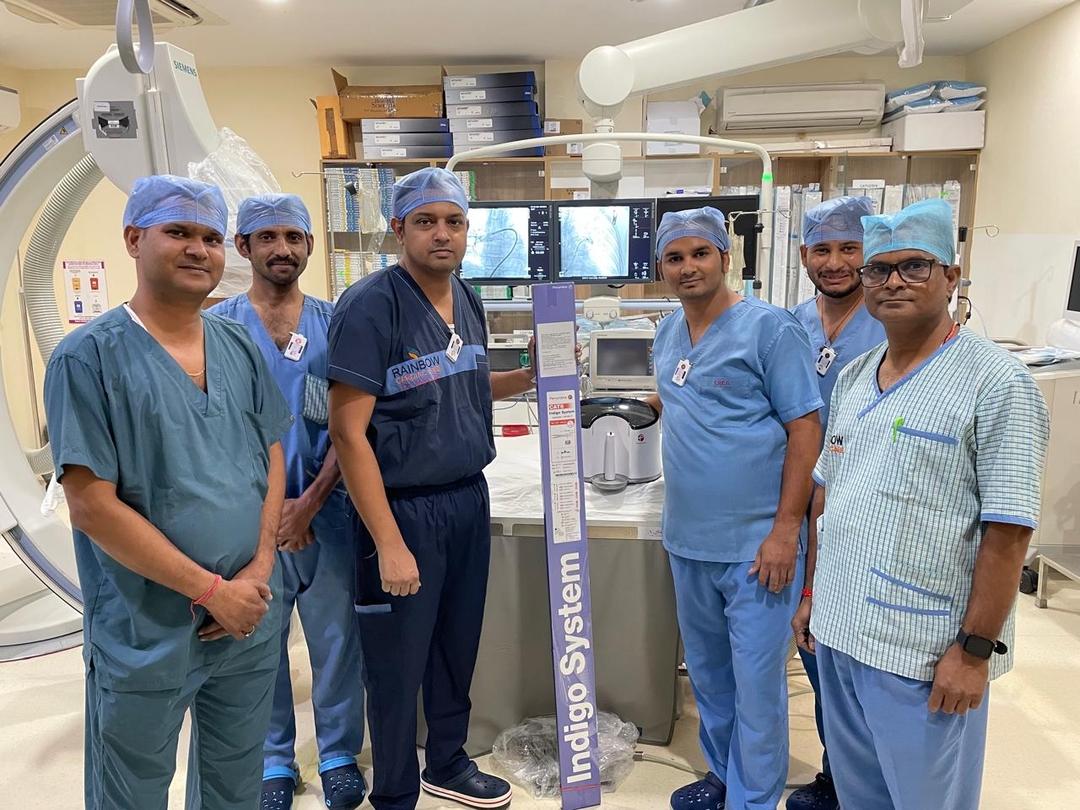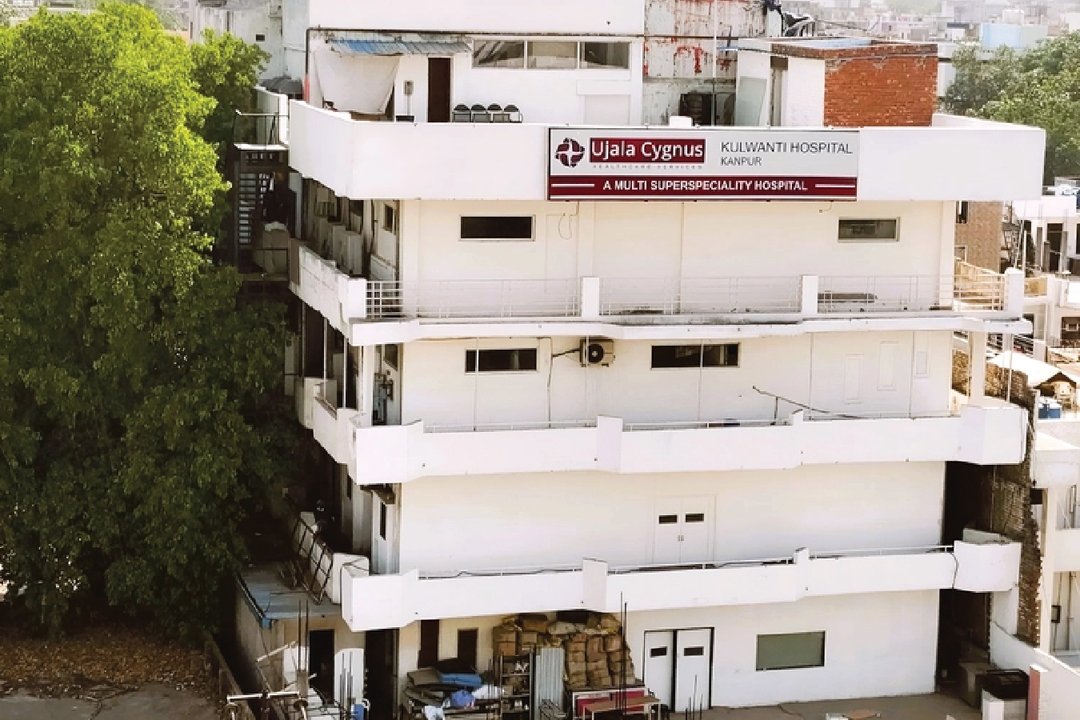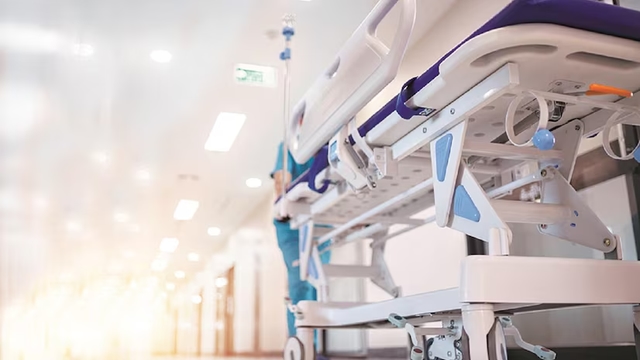
What Are The Different Causes Of Hernia?
By Ujala Cygnus
Reviewed by : Jalaz Jain
February 28, 2022
The most common types of hernia which prevail in the Indian population include umbilical and inguinal hernias. In contrast, other hernias like epigastric and femoral hernias have more minor occurrences in our community. The hernia depicts a range of symptoms that may vary from a painless bulge to significant pain, swelling, and discoloration.
Talking about the treatment required for the hernia, it involves pushing back the herniated tissue back into the abdominal space and repairing the weakened abdominal wall. There are even surgeries available. The severity of the disorder is witnessed when the hernias have enlarged and can’t be reduced. Such cases may lead to a strangulated hernia, which is surgical trouble directing an urgent operation.
Long-Term Constipation
Abdominal pressure often ends up in hernia disorder. For people who have to strain when pooping. Constipation may occur because of complex bowel movements, which happen to everyone from time to time. Passing out stool becomes tough to pass, it means you are not consuming enough fluids or fiber in your diet. When you are taking medicines like iron supplements or narcotics; it can also cause hard stool.
Constant Cough
A chronic cough that persists for more than eight weeks or longer may end up in various ailments and may rarely end up as a hernia. A chronic cough is linked with a hiatal hernia and is often the only indication of underlying hernia. We will explore narrowing own a likely source of chronic cough to the stomach. When coughing at night and chest discomfort are experienced constantly, it might point to a possible diagnosis of hiatal hernia.
While the cough is of dry type, even thick mucus is produced with the cough.
Lifting Heavy Objects
A significant population in India has a profession that involves lifting heavy objects, but it’s essential to take care while lifting any object.
Poor lifting of a heavy load leads to back issues, but there are many events where it ends up in hernia. People who exert sudden strain or force when carrying something serious, then you may end up with a hernia.
Food Habits
People who are used to eating fatty food, low fiber food, acidic food, and sugary food item may develop constipation problems in the long run. Regular eating habits of such food items often end up in hernia disorder.
Smoking Habits
Smoking habits are interrelated with many health disorders. Many smokers develop a hernia. Smoking leads to a lowered rate of collagen formation, and the impact of nicotine also strains the abdominal wall. Individuals who smoke more than four times a day are more likely to generate a recurrent hernia.
Pregnancy
During pregnancy, the belly grows along with the baby, and it ultimately means extra pressure inside your stomach. Pregnancy also leads to thinner and weaker stomach walls as they stretch during such a period. This pressure can often lead to an umbilical hernia or make one worse. The umbilical hernias are frequently observed during the second-trimester stage as the stomach walls have grown much weaker.
Frequently Asked Questions (FAQs)
The cases where the hernia is not treated for a long time enhances, and surgical repair is needed making it more complex. In the event of an incarcerated hernia, the hernia contents become entangled in the abdomen wall. This leads to cutting off the blood supply to the trapped organs and tissue.
Post hernia is varied from patient to patient and depends upon the size and type of hernia repair. You can expect discomfort post-surgery, and it can be resolved with the help you get through it with medicines and other treatments like ice over the surgery area. People return to work after a week, and people in strenuous jobs, such as lifting heavy objects, will need extra rest for 2-3 weeks.
Hernias can evolve anywhere on the abdomen, and the specific signs you may encounter can vary depending upon the area of the hernia. A visible bulge on your stomach may fade away as you lie down. In events of abdominal distress and ache or pressure, particularly when twisting over, raising, coughing, or straining during bowel movement.
Loading...










